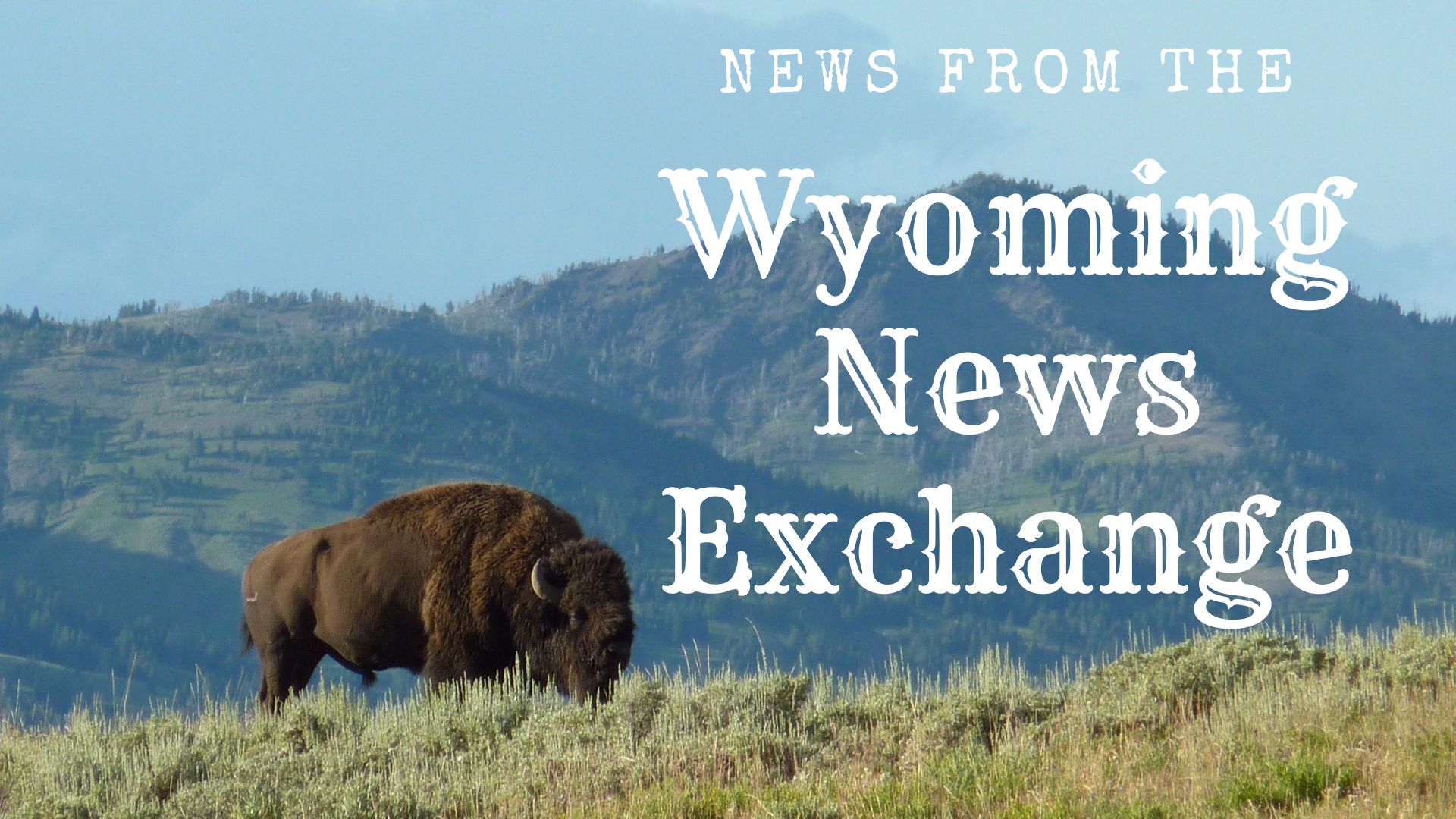Case, press association react to proposed media restrictions

RIVERTON — Last year, Karen Wetzel was removed from a Fremont County Commissioners’ meeting, and footage of the incident was briefly taken offline. People who were in the room knew what had happened; anyone who was absent and counting on the recording, including this newspaper, could only try to piece together the puzzle by asking people who were there or waiting for the video to be restored.
While more and more government meetings are recorded and even conducted partially or wholly online, there are circumstances in which technology fails – and others in which it’s simply no replacement for journalists actually being in the room.
Outside of extreme circumstances, the Wyoming State Legislature is careful about making sure its meetings are being recorded before proceeding, which has helped increase transparency in some ways – but the question is whether it is really the same as having the press on the floor, in the room, at eye level with legislators.
“I just think there’s a lot to be said for having that intimate eye,” remarked Sen. Cale Case (R-Lander). “Going back to when the press was on the floor, there’s a collegiality.”
In September, the Select Committee on Legislative Facilities, Technology and Process moved forward to the Media Credentialing Criteria and Conditions a revision to policy which would completely remove the provisions allowing photojournalists and TV crews to access the side corridors of the House and Senate chambers and document the floor from certain doorways.
Instead, the press would now only be allowed to observe what goes on in the Wyoming State Legislature from the third-floor gallery.
“The Wyoming Press Association finds it disturbing that the Selected Committee on Legislative Facilities, Technology and Process would even consider revoking access of the legislative chambers to credentialed journalists,” the WPA remarked in a statement on the committee’s vote to advance these restrictions.
“It has been the role of the fourth estate to report on the work being done for the people of Wyoming by their legislators,” the statement read. “To limit or revoke access sets a dangerous precedent not only for the Wyoming Legislature itself, but for local government agencies to follow suit.”
Case was one of just two “no” votes on the policy change.
Although the select committee moving the revisions forward doesn’t necessarily mean that they will pass, it does reflect a trend in greater and greater restrictions on the press at the State Capitol in recent years.
“In defense of my colleagues,” Case said, “they believe that because everything is now on the internet … They honestly don’t see a lot of purpose to having people on the ground.”
There’s a strong argument that this wouldn’t decrease government transparency in any meaningful way, he pointed out, because the press may still access both the third floor gallery and the digital recordings.
However, that isn’t Case’s stance.
“It’s still good for [journalists] to have that ground level access,” he commented. “I think it adds a little flavor – it kind of humanizes us a little bit.”
There used to be a press table on the Senate floor, he recalled, which let the press and legislators interact one-on-one, letting them form working relationships and observe each other up close — not in a way that interfered with the integrity of either one, Case said, but in a way that let both regard each other as people.
In Case’s opinion, those connections are important to communication between legislators, the press, and the public.
And, he noted, photos taken from far away are inherently much less personal than those taken up-close; it’s like the difference between photos of a football or basketball game taken from the sidelines and the top of the bleachers, he described.
The photo from far away can still be good, but it will never have the same potential for personal connection with its subject.
“The truth is, there are so few journalists down there now,” Case observed. “Why would we chase them off further? … We need more journalism, more in-depth journalism on the legislature, not less.”
“The Wyoming Legislature is, and always has been, the People’s House and our elected representatives are there to do the work of the people,” the WPA commented. “Newspapers in print and online still serve as the best avenue for constituents to learn how their legislators are representing them in Cheyenne. Restricting access for members of the media will only serve to increase the divide between the elected and their electors.”
The Wyoming State Legislature will vote on the policy change at its next session.
This story was published on October 19, 2024.








